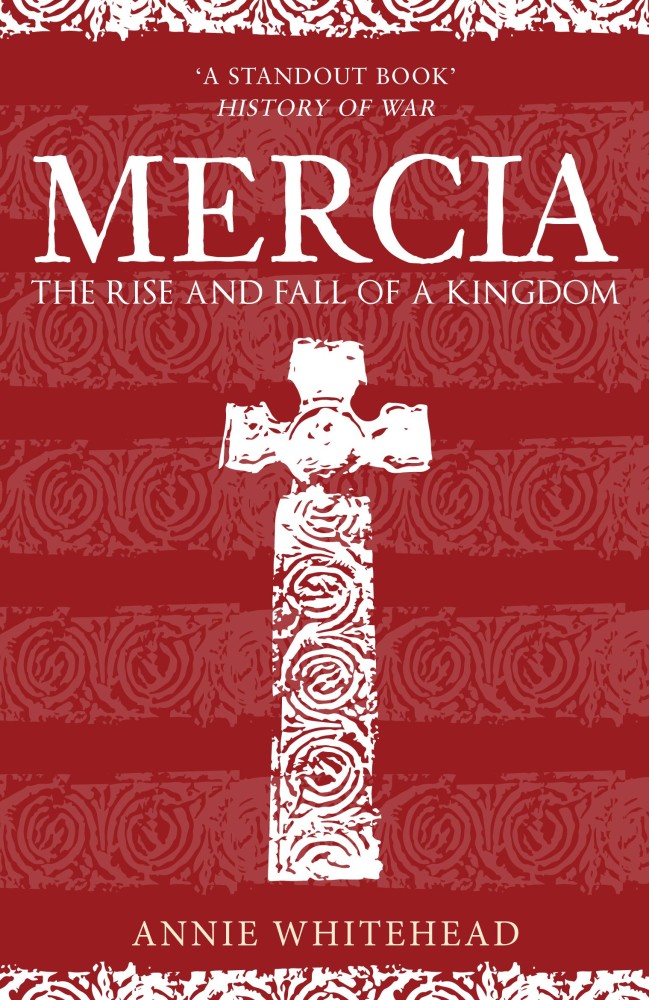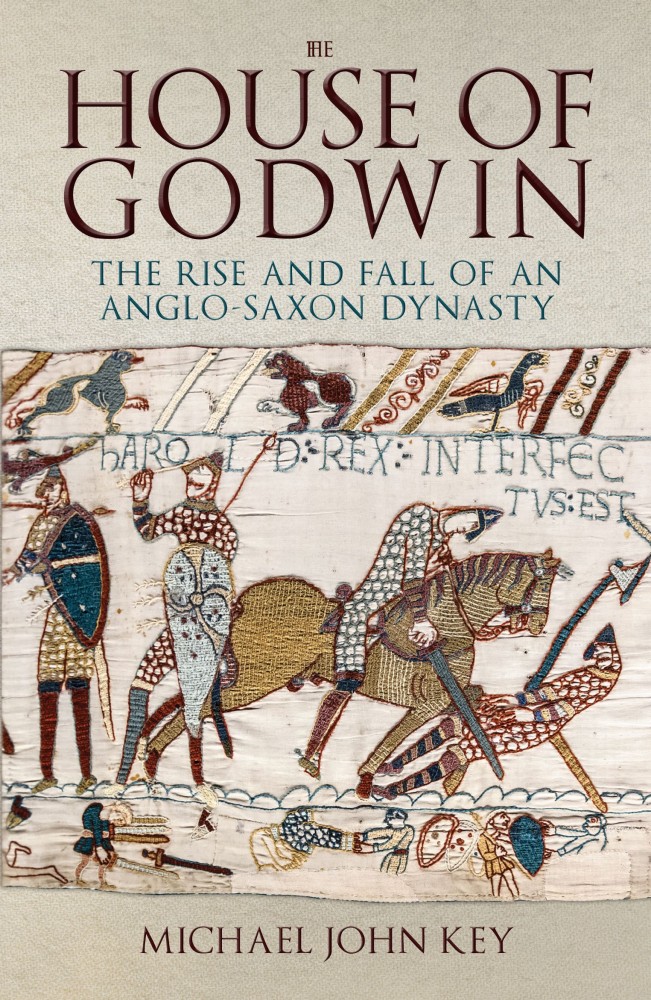In this exciting analysis of this civil war battle the author has captured the atmosphere and made it possible for the visitor to the Yorkshire battlefield to get the most out of the experience. Marston Moor was an extremely bitter and costly battle and a defeat for the Royalist cause that had major implications for King Charles I. One result was that the key city of York was lost thereby seriously weakening the King's grip on the North.
The extraordinary history of Mercia and its rulers from the seventh century to 1066. Once the supreme Anglo-Saxon kingdom, it was pivotal in the story of England.
New paperback edition - The most powerful dynasty behind the throne of Anglo-Saxon England, shedding new light on events such as the Battle of Hastings.



